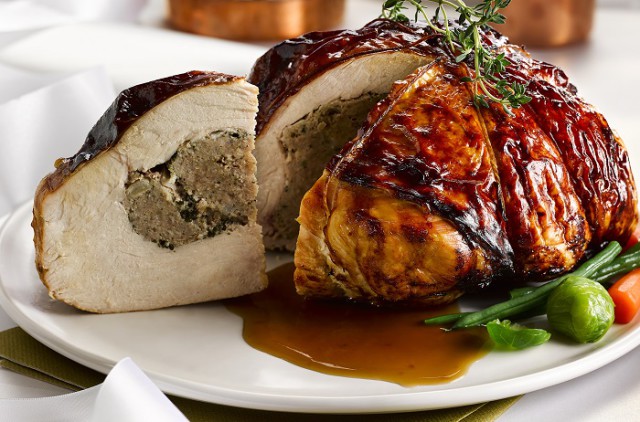New research from Mintel has found that over a quarter (28%) of meat eating Brits have reduced or limited their meat consumption in the last six months. What is more, a further one in seven (14%) adults say they are interested in limiting or reducing their consumption of meat or poultry in the future.
Health is the number one motivation for those limiting or reducing meat consumption, the researchers found. Today, as many as half (49%) of Brits who are interested in or who are already limiting or reducing meat consumption agree that eating too much meat is bad for their health. Meanwhile, weight management (29%) is the second most popular reason for limiting or reducing meat consumption, while concern over animal welfare (24%) and the environment (24%) are equal motivators.
When it comes to fuelling the veggie vanguard, Mintel research shows that meat reduction campaigns are proving particularly influential; some 39% of meat limiters or reducers say that meat reduction campaigns (eg Meat-free Mondays, National Vegetarian Week, Veganuary) have made them more aware of the benefits of eating less meat. Online bloggers and vloggers are also having a significant impact. As many as 16% of Brits say that advice from healthy eating bloggers and vloggers, such as Deliciously Ella and the Hemsley sisters, is encouraging them to reduce the amount of meat they eat, rising to three in 10 (29%) of those who have already reduced or limited their consumption of meat.
Emma Clifford, Senior Food Analyst at Mintel, said: “Despite the ingrained popularity of meat and poultry, a clear trend has emerged of people cutting back and limiting how much of these products they eat. That ‘flexitarianism’, a whole new dietary phrase, was coined to describe this movement also highlights its indisputably mainstream status. The flexitarian trend carves a very accessible and unrestricted middle ground between simply meat-eaters and non-meat eaters, while acknowledging a conscious effort to eat less meat. On top of the various other benefits linked to reducing meat consumption, following a meat-free diet is likely to be aspirational to many consumers and social media is playing an important role in the attraction of this endeavour.”
Indeed, it seems that many are adopting this flexitarian approach, with just 9% of Brits saying they don’t eat red meat or poultry. However, the younger generations are the most likely to be following a meat-free lifestyle. One in five (19%) Brits under the age of 25 say they do not eat red meat or poultry, rising to one in four (25%) women in this age group.
And while animal welfare (54%) is the number one reason why non-meat eaters say they avoid meat, for those under 25, environmental benefits is the leading factor. Indeed, this group is the only group which is more likely to avoid meat for environmental reasons (29%) as opposed to concerns over animal welfare (22%).
“The ethical card in terms of helping to maintain a green planet is a powerful one for meat-free brands to play, particularly now that the issue is attracting a lot of attention. Flagging up that consumers are making a choice which is good for the environment and which can help to create a greener future in the long-term is likely to be a persuasive selling point.” Clifford said.
The trend towards meat reduction comes at a time when the meat-free foods market shows green shoots of recovery. Indeed, while volume and value sales dropped 14% and 10% respectively between 2012 and 2015, in 2016 volume sales grew 2% year on year, while rising average prices saw value sales jump 4% to £559 million.
Furthermore, the future looks fruitful. In 2017, the market is set to reach £572 million, with rising prices forecast to increase value sales to £658 million in 2021, an increase of almost a fifth (18%) between 2016 and 2021.
Overall, half (50%) of UK adults have eaten meat-free foods in the last six months, with 38% having eaten vegetable-based products, such as a burger made from vegetables, 32% eating bean-based products and 26% nut-based products.
“A number of factors have been at play helping to reverse the fortunes of the meat-free category. Lifestyle trends are helping to broaden the appeal of these products, most notably many consumers are becoming more vigilant about the amount of meat in their diet. Increased innovation, with a big new product development push from brands in 2016, and growing mainstream availability of these products, has also underpinned this positive performance.” said Clifford.


